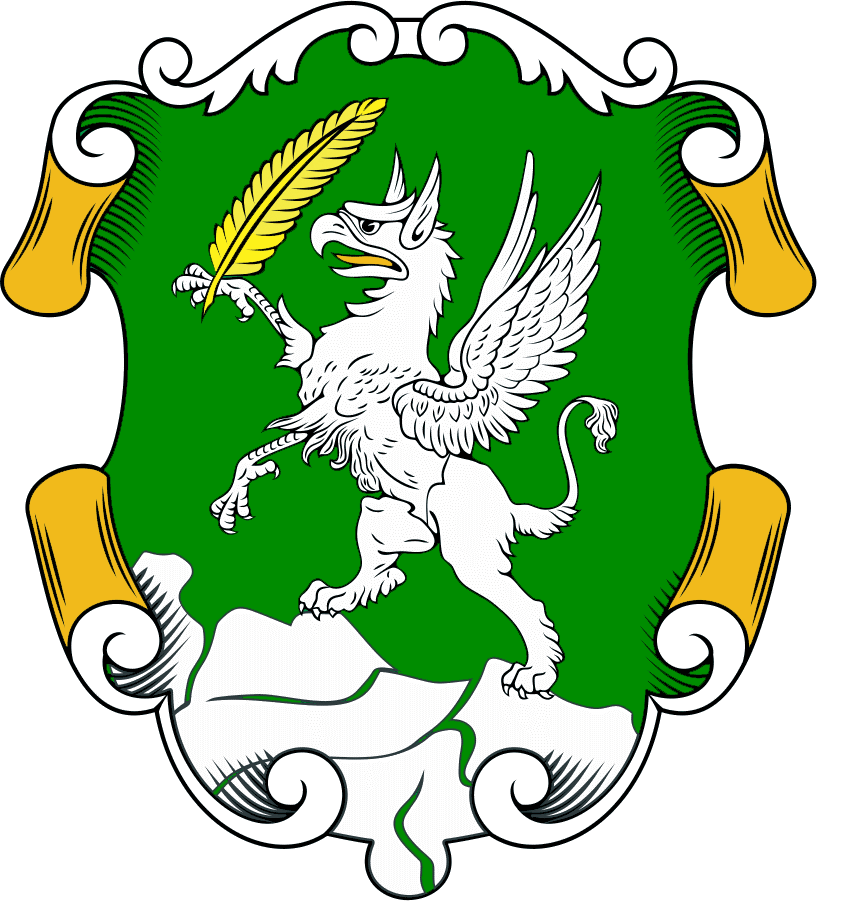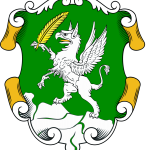“Academic journals”, states Philip Soos, “are a public good. What marks their importance is not the paper that comprises the journal, but the knowledge embedded within it.” Never have truer words been written; however, a great number of scholars and aspiring students outside the major Universities will maintain that a significant part of the premise is, quite simply, not true.
In the last two decades, the world of publishing has changed in significant ways. Nowadays authors typeset their own papers, publishing and distribution costs are decreasing, while dissemination of knowledge no longer occurs exclusively by physical distribution of journal volumes. However, despite all this, current scholarship is far too often inaccessible to the broadest community of potential users. Many large journal publishers have made the scholarly communication environment academically restrictive with their attempts to acquire, bundle, and increase the pricing on academic journals, an issue that has provoked endless arguments in the world of academia.
One of the main disadvantages caused by this policy is that of effectively claiming exclusive ownership over knowledge. Knowledge is being confined inside the universities that have the means to subscribe widely, while scholars and students of smaller, less well-funded universities are being locked out of information.
Furthermore, for every scholar or student currently at an institution of higher learning, with at least partial access to academic journals, there are many more graduate students and independent researchers with virtually no access at all to current publications; graduate students who intend to continue reading and doing research can only do so if they become affiliated with an institution. It seems highly illogical, even academically selfish, to leave former students or independent researchers without any access to current material in the discipline they have studied.
Finally, academic journals are known to charge authors’ fees to publish, and then charge once again through a subscription; thus, institutions end up paying for the journal twice. It is reasonable to say that most established academic journals behind subscription walls are attractive brands; it is understandable that the most eminent researchers publish their best research in subscription journals, and other scholars need to pay to read the full details of that research. At the same time, however, the vast majority of journal content is produced by academics from the university sector, people who are not paid to be the authors of papers, even though these papers represent the continual advancement of academic knowledge.
Scientific research is all about sharing and disseminating information. To paraphrase SPARC, “we invest in research in order to accelerate the pace of discovery, encourage innovation, enrich education, and improve the public good […] But research advances only through sharing of results and the value of an investment in research is only maximized through wide use of its results.” In other words, we constantly make use of work previously done by other people; by having open access to information, we can continue moving forward, instead of remaining in the same place.
Fortunately, models do exist that can maintain publication without the requirement to pay exorbitant fees, something which goes against the ideal of academia itself. The Internet provides a new opportunity to bring information to a wider audience at virtually no marginal cost; furthermore, the web makes it possible for scholars and researchers to share their articles widely, openly, and freely. Research has shown that articles available freely online are more often cited and have greater impact than those not freely available (Laakso et al., PLoS ONE 6, e20961; 2011); the number of fully open-access journals is increasing by approximately 15% every year as new journals are founded and subscription journals switch to the open-access model. To quote information scientist Mikael Laakso, “most indicators suggest […] that the open-access publishing model has proven itself to work.”
Due to the circumstances described, and joining the effort to reaffirm scholars’ control of their work, HAEMUS fully embraces and endorses the policy of Free and Open access in the entirety of its contents.
Please feel free to visit the following links in order to find further information about the Free and Open Access initiative.
Open Access Overview (focusing on open access to peer-reviewed research articles)
The Open Access Scholarly Publishers Association (OASPA)
The Scholarly Publishing and Academic Resources Coalition (SPARC)
A Registry of Open Access Repositories Mandatory Archiving Policies
*** HAEMUS Journal is the official publication of HAEMUS, Skopje; e-mail: secretary@haemus.org.mk; phone:+389(0) 77 432 861***



